Sarakosti, the Great Lent
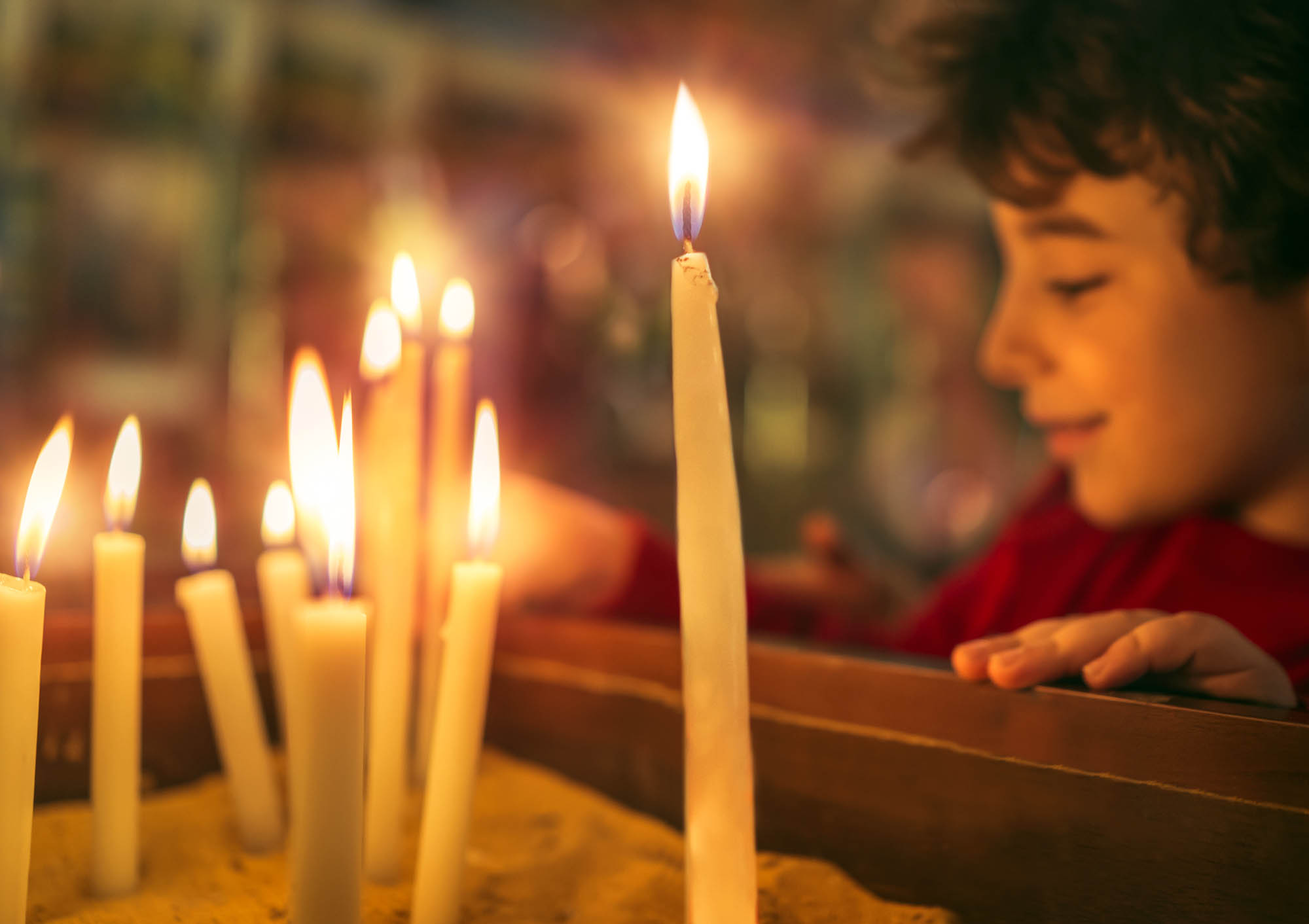
The Easter season in Rhodes is an especially significant time to visit for those who would like to experience in Greek Orthodox traditions. The Great Lent period begins with Clean Monday, which falls seven weeks before Easter Sunday. This period, known as “Sarakosti,” is a time of fasting and spiritual reflection for the faithful.
During Greek Orthodox Lent, there are several dietary restrictions that the faithful must adhere to. Foods that come from animals with red blood, such as red meats, poultry, milk, and eggs, are not allowed, as well as fish and seafood with backbones. Olive oil and wine are also restricted, and the number of meals each day is limited.
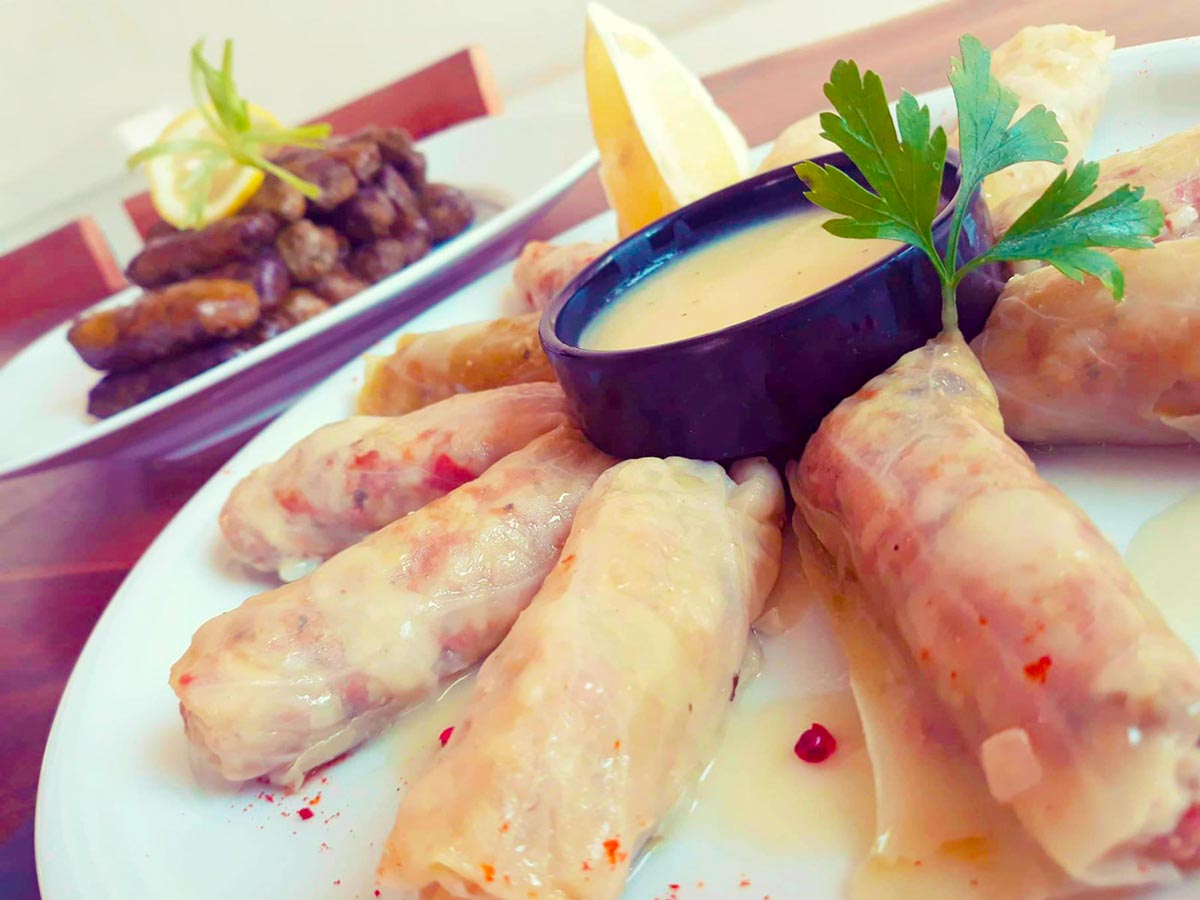
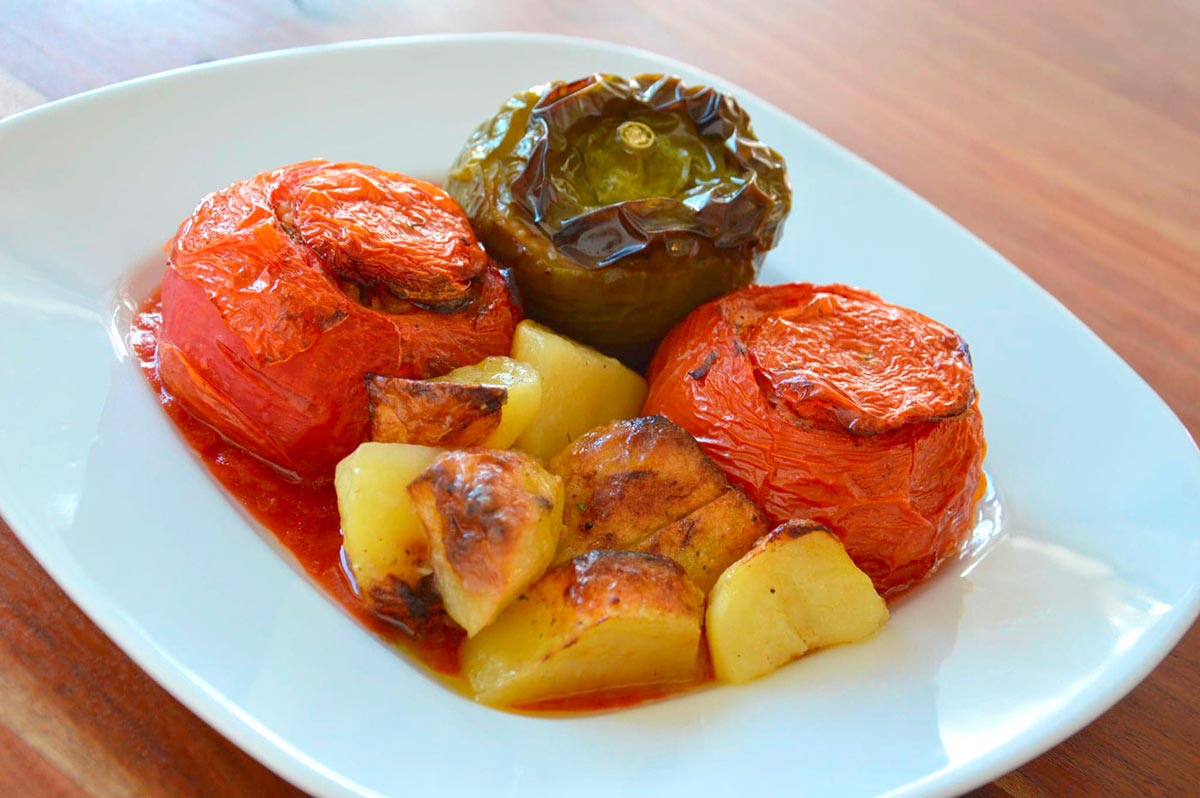
Despite these restrictions, Lenten dishes are anything but boring. In fact, the Greek Orthodox diet leans heavily toward vegetarianism, resulting in a plethora of delicious and creative dishes that meet the Lenten requirements. Clean Monday is one of the most exciting celebrations of the season, with friends and families often gathering together for picnics in the countryside and enjoying all sorts of appropriate delicacies. The festive atmosphere is infectious, and it's a great way to experience Greek culture and tradition firsthand.
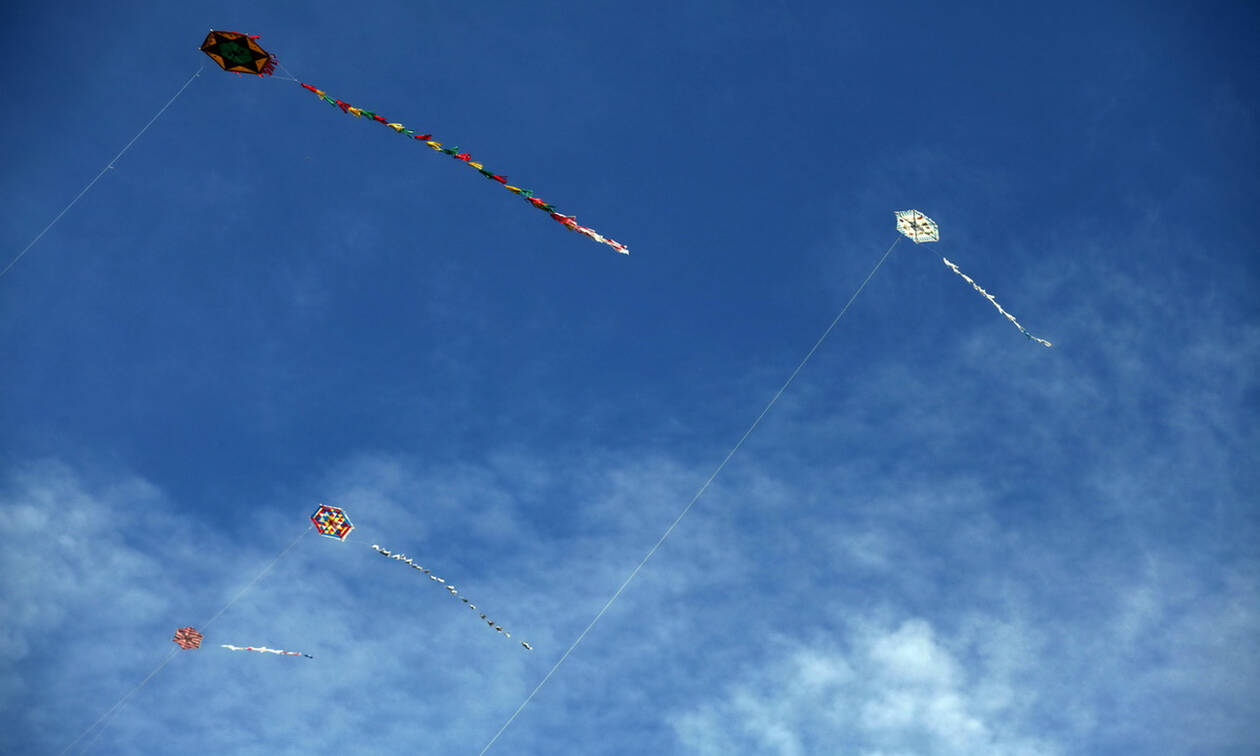
Handcrafted kites take center stage on this day, adding to the already colorful atmosphere of the holiday. If the weather is fair, the skies become dotted with kites of all shapes and colors, and it's a sight to behold! In fact, it's not uncommon for people to place bets on whose kite will climb the highest in the sky. It's a fun and exhilarating way to celebrate Clean Monday and experience Greek culture at its finest.
Easter is a perfect time for Spring Cleaning
Springtime in Greece is more than just a time for Lenten fasting and reflection. It's also a time for new beginnings, and that means it's the perfect time for spring cleaning!
During Lent, many people take the opportunity to give their homes a fresh start. Walls are given a fresh coat of whitewash or paint, and inside, cupboards, closets, and drawers are thoroughly cleaned and organized. It's the perfect time to declutter and refresh your living space, while also getting into the spirit of the season.
Easter finally arrives
If you're lucky enough to be in Rhodes and Greece during Easter week, you're in for a truly unforgettable experience. The week kicks off with "The Big Week" or Megali Evdomada, which begins with "Big Monday" (Megali Deftera) and culminates on "Big Saturday" (Megalo Savvato) at midnight with the celebration of Christ's Resurrection.
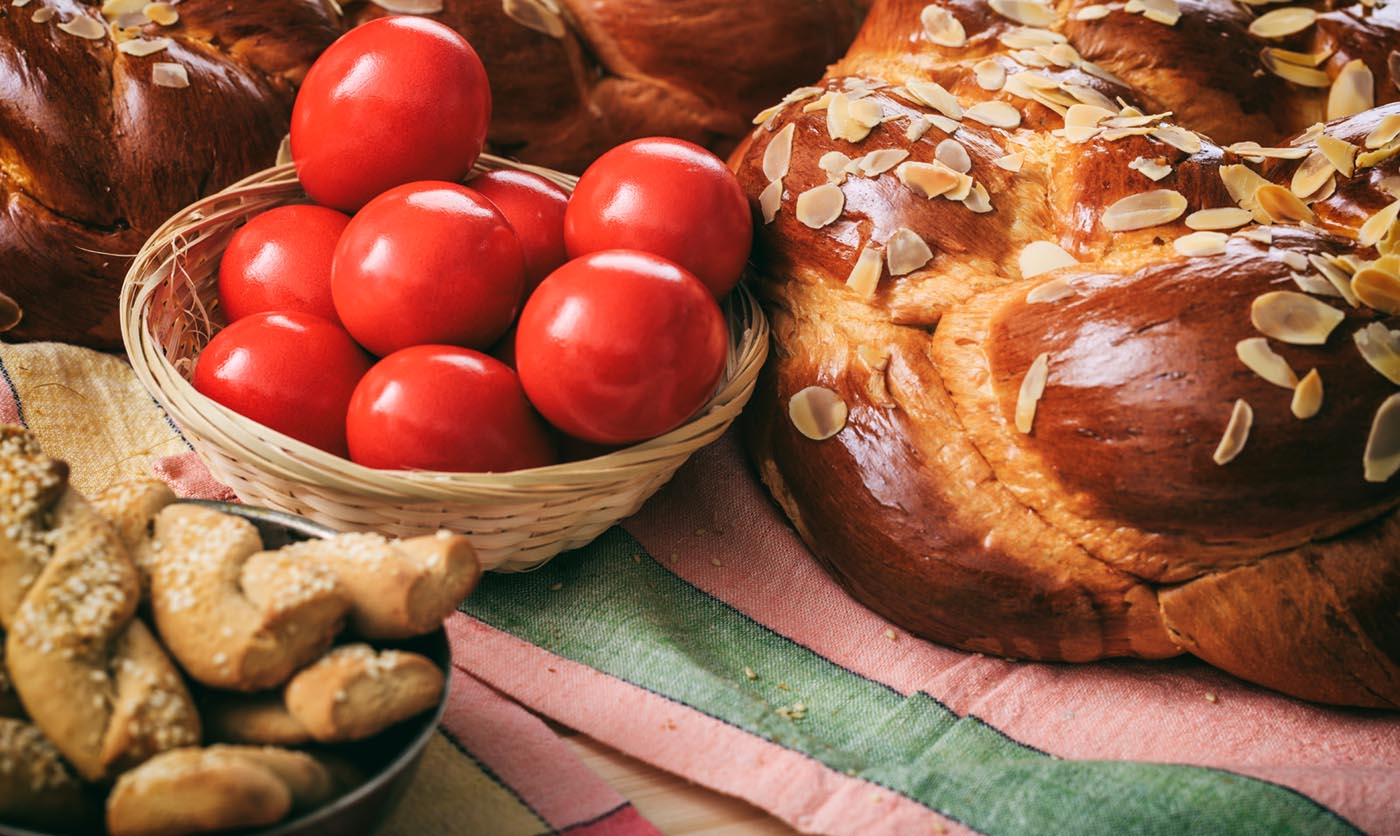
On Easter Saturday (Big Saturday - Megalo Savvato), the faithful rise early to participate in the holy communion and receive the bread and wine, which symbolize the body and blood of Jesus. In the evening, they gather again, holding traditional candles decorated with flowers and wait for the big moment. As soon as the verse "Défte lávete fós" ("Come and take light") is sung, the Holy Light is passed on to the faithful by the pastor until all the candles are lit. At midnight, the psalm announces the resurrection of Jesus Christ, and the atmosphere becomes joyous and celebratory.
As the bells ring, fireworks light up the sky, and people hug and kiss, congratulating each other by saying "Christós Anésti!" (Jesus is risen) and answering "Alithós Anésti!" (He is truly risen). After the wishes, most people go home to enjoy the first meat dish after a long Lent. The traditional Easter soup "Magirítsa" is a popular dish, made from lamb offal, aromatic herbs, and a lemon sauce. It's a truly unforgettable experience that celebrates the rich culture and traditions of Greece.
Why is Greek Easter on a different date than Western Easter?
For those wondering why Greek Easter and Western Easter are only sometimes celebrated on the same day, here is the answer.
The day for Greek Easter is governed by these three main conditions:
- It is based on the Julian calendar, in contrast to Western Easter, which uses the Gregorian calendar for calculation;
- It has to be after the Jewish holiday of Passover;
- It has to be on the first Sunday after the first full moon after the Spring Equinox, which for this purpose is fixed as March 21st, but which may occur on the 20th or 22nd.
So, in short, the basic reason for the difference between the two Easters is that "Western" Easter uses a different set of calculations based on the current Gregorian calendar instead of the ancient Julian one. Under the Gregorian system, Easter can actually be in March, something that can not happen with the Julian-based method of calculating Easter.


 English
English
 Deutsch
Deutsch
 Ελληνικά
Ελληνικά